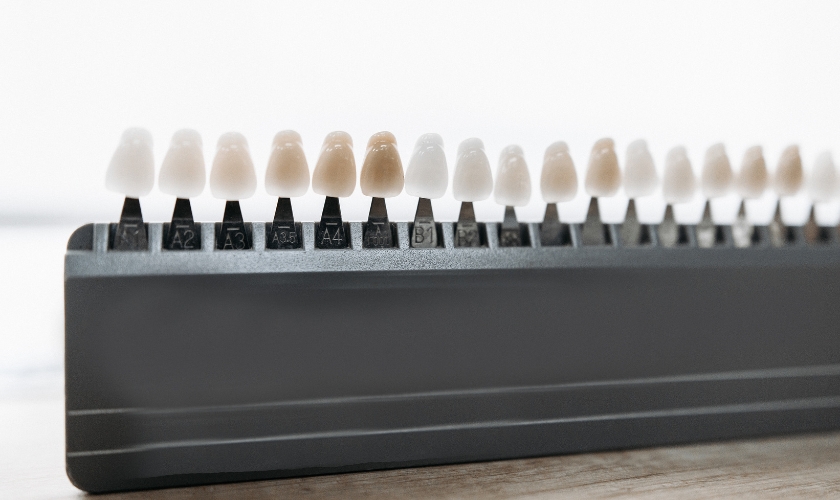How Long Do Veneers Last? Lifespan and Replacement Guide

Bright, even teeth can make you look prettiest in the room. Achieving it has never been easier before since the introduction of veneers in the cosmetic dental industry. But before getting them, many wonder how long veneers last. The answer depends on materials, care, and lifestyle habits. Knowing the lifespan of veneers helps in maintaining a flawless smile for years.
Average Lifespan of Veneers
The longevity of veneers varies based on their type and maintenance.
- Porcelain veneers: Last 10 to 15 years with proper care. Some last over 20 years.
- Composite veneers: More affordable but last 4 to 8 years before needing replacement.
- Minimal-prep veneers: Last between 5 to 10 years, depending on wear.
Factors That Affect Veneer Durability
Several elements influence how long veneers stay intact:
- Oral hygiene: Regular brushing and flossing prevent decay under veneers.
- Diet choices: Avoiding hard foods and excessive staining agents extends lifespan.
- Grinding or clenching: Weakens veneers over time, making a nightguard essential.
- Dental visits: Routine checkups detect early issues before they worsen.
- Bonding quality: Strong adhesion ensures veneers stay secure for years.
Signs It’s Time to Replace Veneers
Knowing when veneers need replacement prevents dental issues:
- Chips or cracks: Damage weakens structure and affects aesthetics.
- Discoloration: Unlike natural teeth, veneers can’t be whitened.
- Loose fit: Gaps between teeth and veneers allow bacteria to accumulate.
- Gum recession: Exposed roots may require new veneers for a natural look.
- Rough edges: Worn-down veneers indicate surface erosion.
How to Care for Veneers to Extend Their Lifespan?
Simple habits improve veneer durability:
- Use a soft-bristle toothbrush to avoid surface scratches.
- Choose non-abrasive toothpaste to prevent erosion.
- Wear a mouthguard when playing sports or grinding teeth.
- Avoid biting hard objects like ice or pens.
- Limit coffee, red wine, and smoking to prevent stains.
- Visit a dentist every 6 months for regular checkups.
Porcelain vs. Composite: Which Lasts Longer?
- Porcelain veneers: More durable, stain-resistant, and last longer than composite.
- Composite veneers: Less expensive but require more frequent replacement.
- Cost-effectiveness: Porcelain costs more initially but may save money long-term.
Can Veneers Be Repaired Instead of Replaced?
Minor damage can be fixed, but extensive wear requires full replacement.
- Small chips: Bonding may restore appearance.
- Surface stains: Professional cleaning can help, but deep stains remain.
- Structural damage: Cracks or severe wear necessitate new veneers.
Veneers provide long-lasting results when properly maintained. Porcelain options can exceed 15 years, while composite versions need replacement sooner. Regular dental care, avoiding hard foods, and addressing damage early extend the lifespan of veneers. Considering veneers in Lincoln? Schedule a consultation to ensure a confident, lasting smile. Contact us today!



